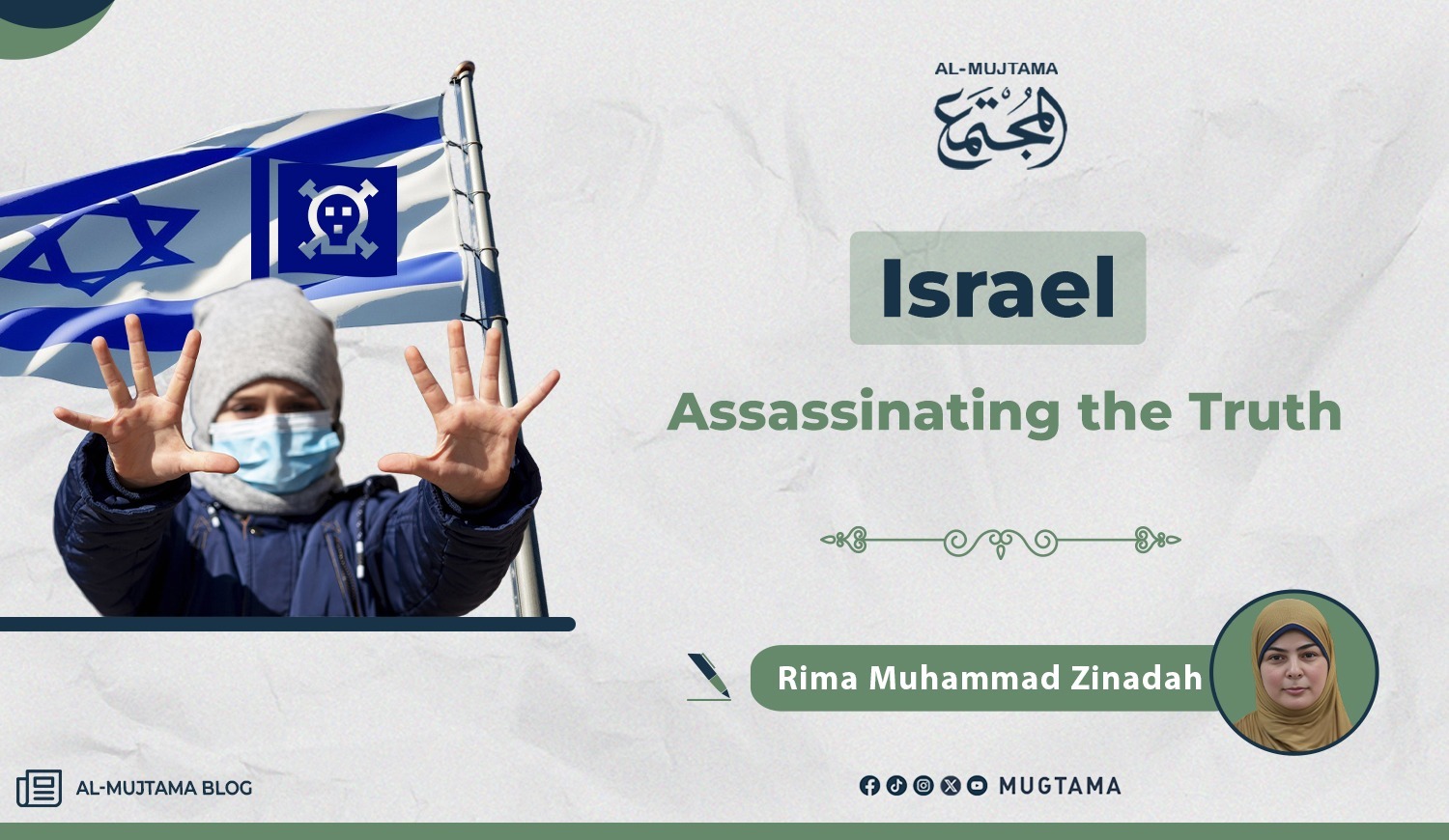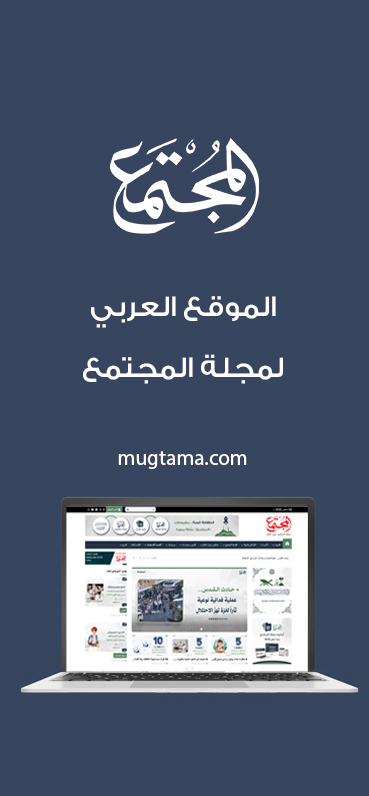The Martyred Journalist: Behind the Scenes of the Camera!

At the hospital, specifically on a hospital
bed, journalist Hasan Aslih was still receiving treatment after being struck by
a missile inside a tent where he had gathered with his fellow journalists. Each
one of them was trying to convey the scenes of injustice, genocide, and
successive massacres in the Gaza Strip.
Their bodies were burned; some of them
ascended as martyrs engulfed in flames. As for Hasan, his time had not yet come
to an end then, but his injuries were severe and not to be taken lightly — one
to the head, amputation of his fingers, and other wounds scattered across his
body.
Journalist Hasan, who had become a symbol
of truth in his coverage of events, wars, and massacres in Gaza, was also among
the first to report the victories of "Al-Aqsa Flood." This was
something the occupation could not tolerate, and he became a target of repeated
assassination attempts.
Hasan’s injury and his time in the hospital
did not grant him any immunity from the occupation’s missiles, which
assassinated him while he lay wounded in his hospital bed. By assassinating
him, the occupation crossed all red lines. Being a journalist and a wounded man
at the same time did not protect him.
Love for the Poor
Hasan was not merely a skilled journalist,
truthful in his reporting and photography. He had a big heart that earned him
the love of all his journalist colleagues and others. He was known for his
compassion, helpfulness, humility, and simplicity despite his fame.
The hand that carried the camera and
documented events was the same gentle hand extended to the poor. Indeed, his
name matched his smile, his dealings, and his love for goodness. Gaza truly
misses people like you, Hasan. Men wept over your departure, just as your wife
and children mourned a loss that broke the hearts of all who knew you.
Hasan was neither the first nor the last
journalist amid the ongoing massacres Gaza continues to witness. The number
keeps rising, and the criminal occupation has not only targeted male and female
journalists but also many of them along with their families — some entirely
erased from the civil registry!
Many names who had worked together over the
past years are now difficult for me to bid farewell to — including my
colleague, journalist Ola Atallah. I did not even learn of her martyrdom until
months later. Her name too carried excellence, as she was a writer who won
numerous awards. Her words spoke to the heart and mind. Whatever she wrote in
her reports, you would follow eagerly due to the seamless human stories she
told — stories that carried within them joy, pain, hope, grief, life and
martyrdom, and the siege — until her own story ended, where she became the
headline of "Al-Aqsa Flood."
She departed without farewell, without a
kiss on her forehead, without a final embrace or a glimpse of her familiar
smile.
She left without us sitting to recall the
many events and moments we had shared in our journalism career — especially the
times we went out together to prepare a story about a female martyr. We
attended her farewell beside her mother, and the scene was so difficult our
pens couldn’t write it — our eyes cried before our hands could.
A Matter of Hours!
Martyrs are not just numbers. Each one
carries a story. Each one has a family waiting for them — just like the wife of
journalist Yahya Subeih, who gave birth to their daughter five hours before his
death. But the wait stretched on, and he only returned carried on shoulders,
drenched in his pure blood.
It will be unbearably difficult for your
daughter, Yahya, when her birthday is the same date as your martyrdom.
Your daughter will look for you in every
face — but she will never find you. It will be hard for her to comprehend that
you will not return.
In another story, only a few hours
separated the martyrdom of journalist Ayman Al-Jadi from the birth of his first
child, who was named after him — Ayman.
Those were not ordinary hours. They were
hours soaked in pain — not just the labor pain of his wife Dania, but a pain
that multiplied when her husband Ayman, who had long yearned to see and embrace
his first child, passed away.
Ayman had longed for the day he would be
called “Baba” for the first time. He counted the months, which were heavy and
difficult on him — each day of war felt like a year, in a conflict ongoing for
over a year.
Journalist Ayman moved through the deadly
days and months of war, living through much sorrow, hunger, separation, and
cold. He cried often behind the camera, and when he returned to his family in a
tent that couldn’t give his wounded heart any warmth, the chill would creep
into his shivering, hungry, exhausted body — making it impossible for him to
hide his tears.
And yet, he never let go of his microphone.
He moved with it through the streets and neighborhoods of Gaza, whose beautiful
features had vanished under the rubble. He worked long hours, day and night,
under relentless bombardment.
The Blue Vest
Even the blue vest with the word “Press”
emblazoned on it did not protect him from the occupation’s missiles, which
deliberately targeted him and his colleagues while they were in a car clearly
marked with the word “Press.”
The scene of Ayman and his colleagues being
burned was devastating. His mother saw the flames consuming his body — helpless
to extinguish them, for the missiles of the occupation were far beyond her
power to stop.
Ayman’s martyrdom occurred in front of
Al-Awda Hospital in central Gaza — the same hospital where he had been awaiting
the birth of his child.
Little Ayman was not the only baby in Gaza
born an orphan. There are countless similar stories — of children deprived from
their first day of life of the warm embrace of a father, and of fathers robbed
of their first and most beloved title: “Baba.”
-------------------------------------------------------------











